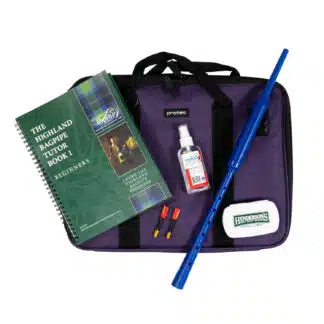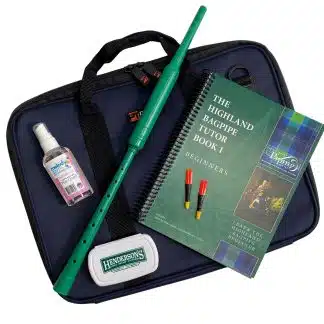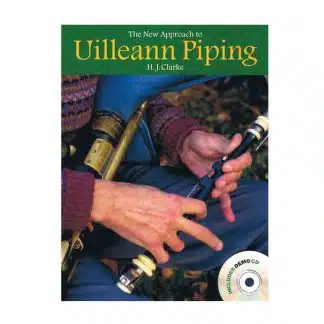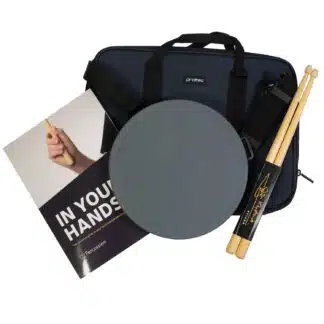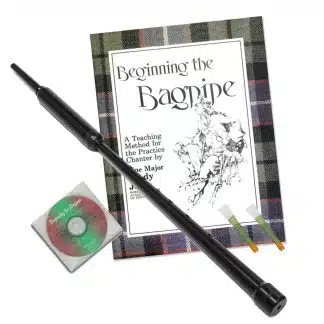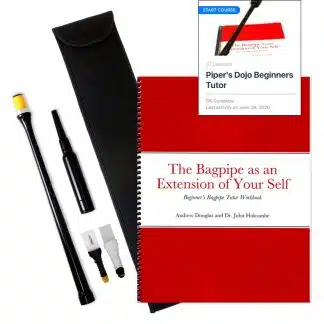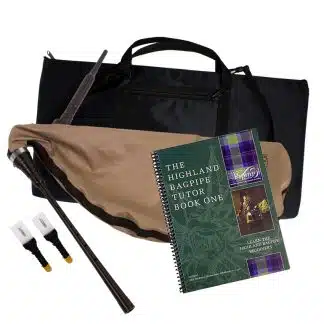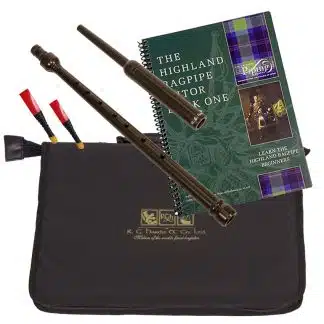Beginning the Bagpipes
Why Learn the Bagpipes?
You’re here, so you already have a great reason to start learning the bagpipes! Maybe you love the sound of pipes, heard pipes played at a meaningful moment, or want to honor your heritage. Whatever your inspiration, there are lots of benefits to learning to play the bagpipes.
Confidence
The bagpipe is a unique instrument…and a loud one! Playing the bagpipes boosts confidence for many people, especially as they improve. Young people (and their parents) often remark on this benefit. And it is rewarding for them when the skills turns into a weekend job or into scholarship funds. Piping also offers competitive opportunities for bands and solo pipers at all levels and ages, chances to challenge yourself, meet other players, and earn recognition for progress.
“I feel like a superhero when I play my bagpipes”
Gabrielle, Age 15
Connection
Starting the bagpipes brings you into a new community. You’ll discover the piping community is welcoming and widespread. There are pipe bands and piping events in towns large and small, across the United States–and around the world. When you move, go to college, retire or travel, there’s bound to be a pipe band nearby. Having the network and cameraderie of friends is just a band practice away, when you play the pipes.
Challenge
Learning a new instrument is believed to be good for your brain, and learning the bagpipes is no exception. Piping requires a lot of coordination and fingerwork. Pipers also memorize much of their music. Engaging the mind in these ways is a great workout!
-
Youth Practice Chanter Package – Blue Chanter with Purple Bag$139.00
-
Youth Practice Chanter Package – Green Chanter with Navy Bag$139.00
-
The Davy Spillane Uilleann Pipe Tutor$19.99
-
The New Approach to Uilleann Piping Book with CD – Clark$26.95
-
Beginning Pipe Band Snare Drummer Package$145.00
-
Basic Amazing Grace Chanter Package$95.00
-
Dojo U Online Beginner Program Chanter Package$189.00
-
Convertible Chanter & Goose Package with “Green Book”$349.00
-
RG Hardie “Green Book” Package with Case$195.00
Getting Started on the Bagpipes
It’s surprisingly easy to start learning the bagpipes! All you need is a practice chanter, a book, and a teacher. The practice chanter is a basic instrument with a single reed. You’ll always use a practice chanter for basic practice and learning new tunes, so it’s a lasting investment. Besides time for practice, it just takes 3 key things to start learning the bagpipes.
- A quality Poly practice chanter (Long is best for adults)
- A tutor book
- An instructor, band, or online source for lessons
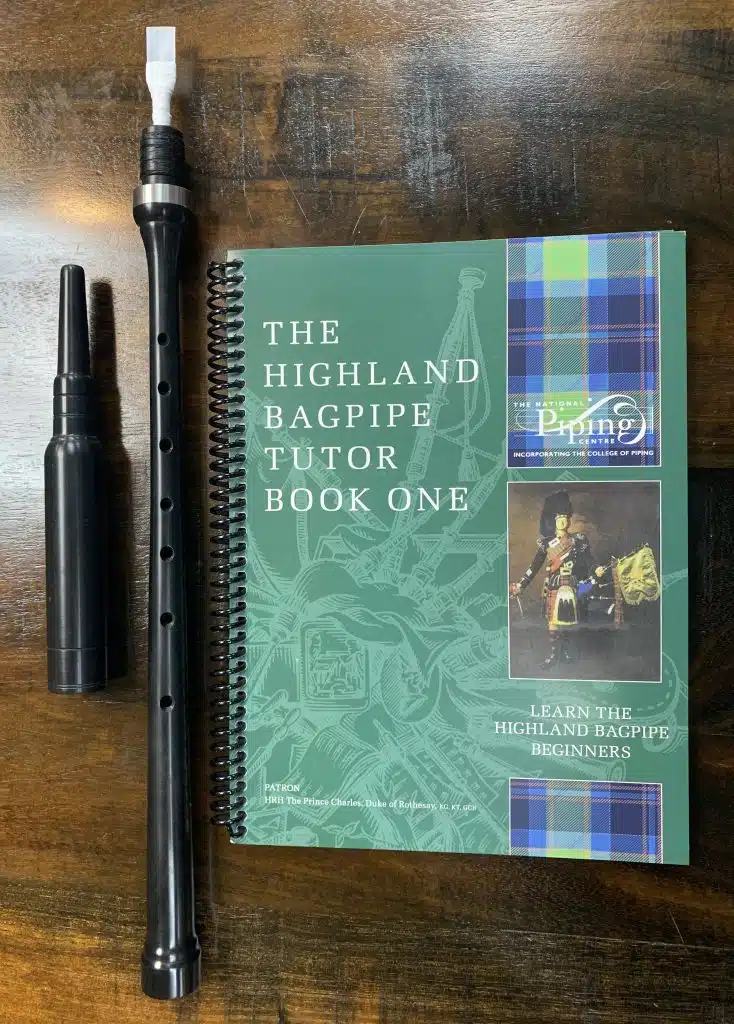
What Is a Practice Chanter?
The practice chanter is a practice instrument for learning the bagpipes. It can be made from Poly (plastic) or a wood like Blackwood or Cocobolo. Most pipers use a Poly practice chanter. It’s super-durable and easy to take care of. It travels well and doesn’t need special handling. It can sit in the car or fall off a table…things that just happen. The chanter has a top, which you blow into, and a bottom, which is the fingering portion. The sound comes from a plastic double-blade reed inserted in the reed seat at the top of the fingering half of the chanter. You blow through the mouthpiece. The chanter is played with flat (not rounded) fingers and produces 9 notes.
Do I Need a Bagpipe Teacher?
Yes, we highly recommend working with a qualified instructor. Piping embellishments are quick and must be done precisely. Learning correctly the first time is important. A teacher can provide demonstration and feedback that will help you make better progress. The best way to start looking for an instructor is to search online for pipe bands in your area. The bands’ pages may announce practice times and provide contact info. Some bands offer free weekly instruction to beginners. And if they don’t, they’ll likely have a number of names to give you. In addition to face-to-face learning, Skype lessons and online learning have become ever more popular. You can work with a teacher anywhere from the convenience of home.
Online Learning with Dojo U
Online learning makes starting simple! Dojo University is a convenient, connected starting point for your piping. And Dojo U has developed a proven, comprehensive program that will support your progress. Check it out today!

The Dojo U Bagpipe Tutor includes hours of video content, a 200-page book, and a solid foundation for moving on to bagpipes and playing with a band. If you want to connect with other pipers, join discussions, and see more content, you can become a member. For members, the Beginning Tutor is Free!

When Do I Get Bagpipes?
You’ll be ready for pipes after some time on the practice chanter learning tunes and embellishments. For many, that’s 6-12 months. But there are things you can be practicing on a Highland bagpipe even early on, and some adult beginners like the motivation of having the bagpipes in hand.
I’m Starting…Again!
Welcome back! You are in great company. A lot of pipers take breaks, for a few years or a few decades. A lot. You’ll be suprised at how much comes back to you, even if you didn’t successfully transition to the bagpipes the first time. Your original chanter may just need a little hemp a fresh reed to get going. Let us know if you need help or have questions about getting back into bagpiping.

